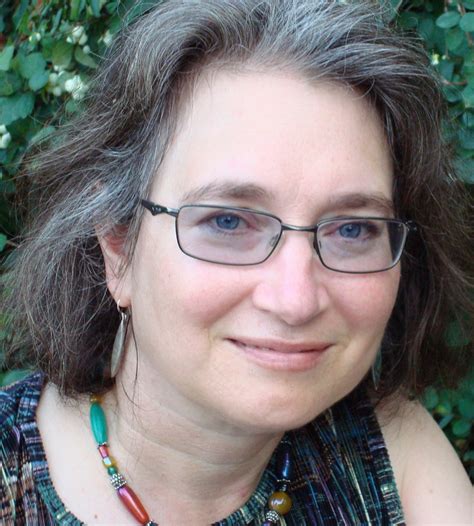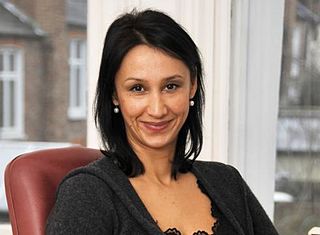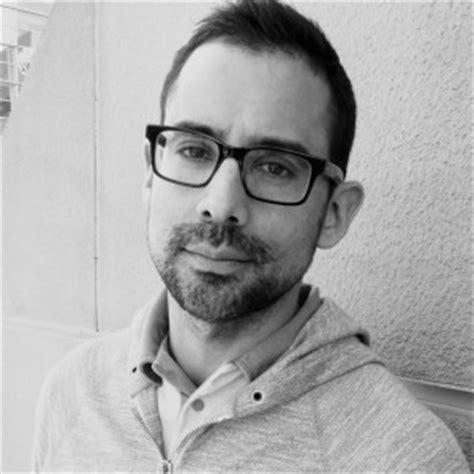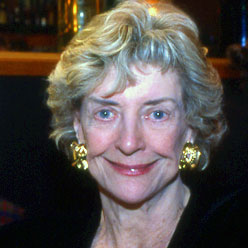A Quote by Albert Goldbarth
I don't spend time thinking about an aesthetic out of which I create or an ideal toward which my body of work is heading. It's amazing, when I read interviews with other poets, to see how articulately they discuss their own writing, as if they were sharing long-held theories on the work of Pope or Keats. I'm happy enough that I've poured the best of myself into the poems themselves.
Related Quotes
Because so many poets have chosen a political idiom right now in the US and so many poets have assigned value and inherent knowledge to their racial identity and used that as a form of argumentation, I'm thinking now's a good time to buy low for my own poems and write poems that are deeply in the interior and the psyche. There are plenty of people out there working on subjects of political poetry, partisan poetry, all the way through to crossing the threshold of propaganda. I start thinking now's a good time for me to start writing about the myths of my own psyche.
There were three options [in Allied], which were for [Bred Pitt] to shoot [Marion Cotillard], for them to escape, or for her to pull the trigger, which is a heroic act to spare him. When I was thinking about how it would end, a long time ago, I think I tried each of them to see, but two of them did not work.
I began writing poems when I was about eight, with a heavy assist from my mother. She read me Arthur Waley's translations and Whitman and Robinson Jeffers, who have been lifelong influences on me. My father read Keats to me, and then he read more Keats while I was lying on the sofa struggling with asthma.
When you are writing a spoken word poem, the tools you're working with are your voice, your body, how it's going to sound to someone when you're saying it out loud. Which is different from when you're writing it on the page. That toolbox becomes how does this look visually on the page, how does this read among pages, how is this in relation to poems that are before it or after it. I don't think one is better or more successful than the other. You've just gotta think about "what are the tools I'm using, and how are they most effective in this form?"
I think that what's happening today, with all the young poets rushing from one college to another, lecturing at the drop of a hat and so on, is not too good; I think it might have a bad effect on a great many of the young poets. They - to quote Mark Twain - "swap juices" a little too much, so that they are in danger of losing their own identity and don't give themselves time enough in which to work out what's really of importance to them - they're too busy.
A lot of the stuff that I see, because it's part of the work that I do, is look at pictures and photographs and sculpture and all the rest of that. I also spend a lot of time looking at the people on my street, and all of it simply exists in sort of this tremendous forceful wash of reality out of which comes, what I hope, are these shapely recognitions of reality, which are my poems.
There can be no love so long as there is lust- even a speck of it, as it were, in the heart. None but men of great renunciation, none but mighty giants among men, have a right to that Love Divine. If that highest ideal of love is held out to the masses, it will indirectly tend to stimulate its worldly which dominates the heart of man- for, meditating on love to God by thinking of oneself as His wife or beloved, one would very likely be thinking most of the time of one's own wife- the result is too obvious to point out.






































